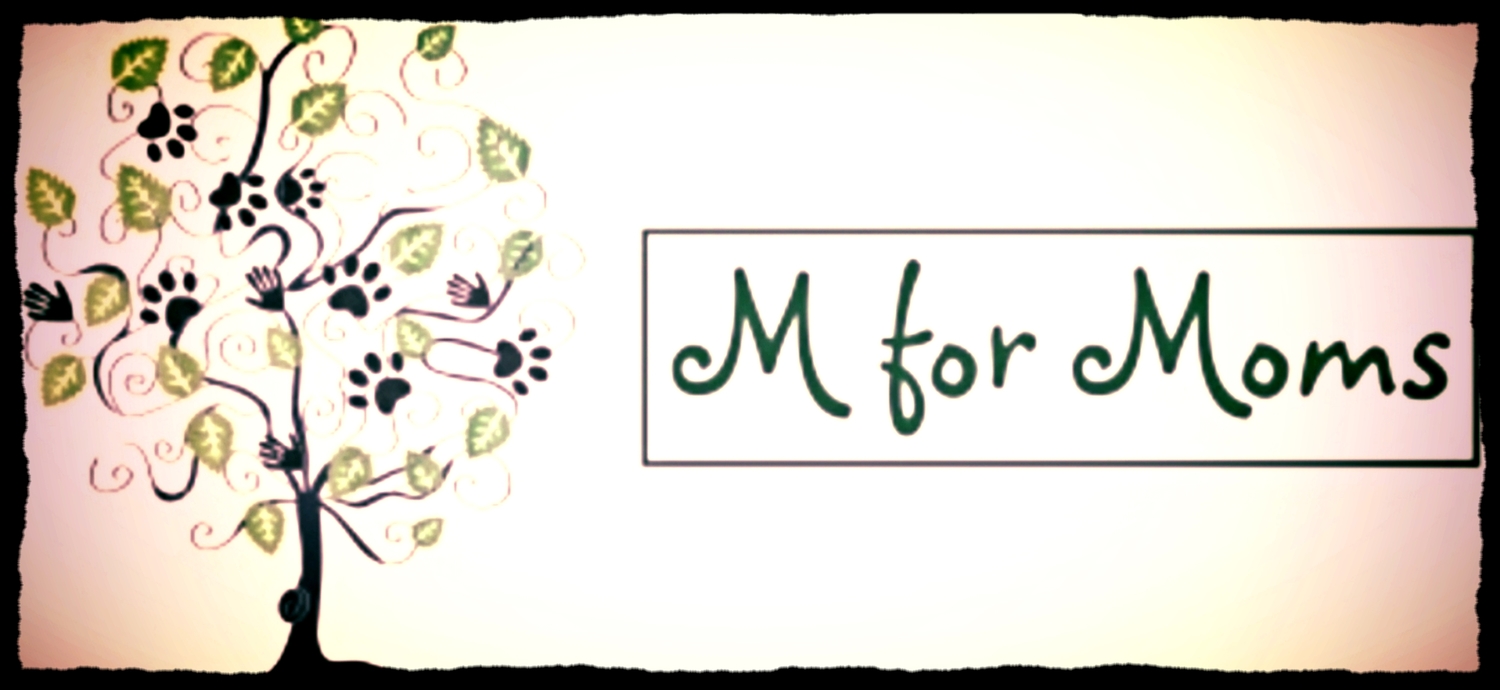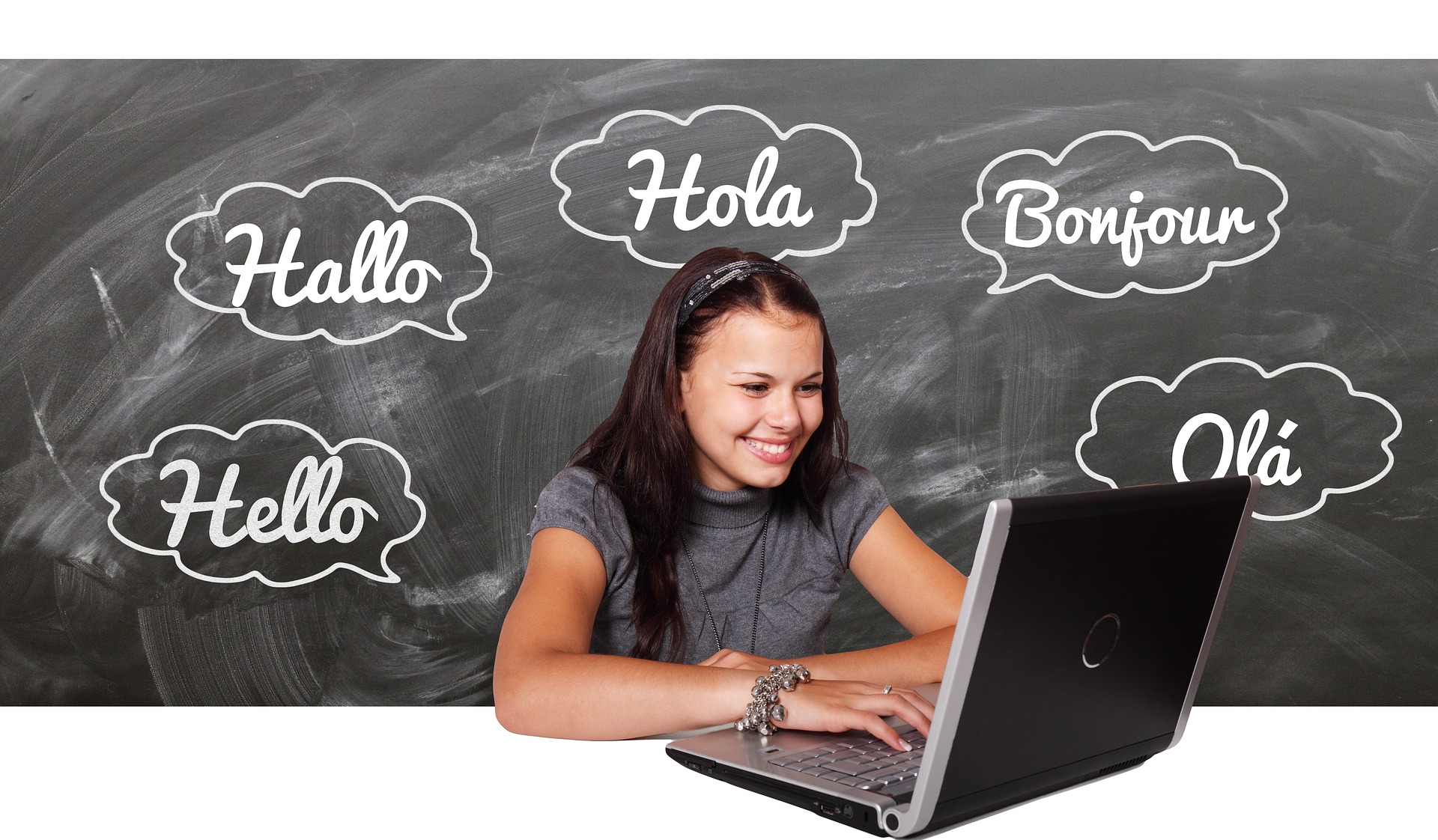There are a few approaches to raising multilingual kids. Two of the more common ones are OPOL and mL@H that stand for, respectively: one person, one language and minority language at home. As you can guess OPOL requires closest people in the child’s family to always speak only one language to the child. When a family chooses mL@H, then everyone at home uses the minority language, even if they are not proficient in it or if it is not their native language (but of course a certain level of fluency is required).
Owing to the fact that there are 3 not 2 languages in our household, we decided to use OPOL. It also sounded the most natural and intuitive for us. Since my first daughter was born I've only spoken Polish to her. It felt instinctive and easy! I couldn’t imagine speaking to my child in a language that was not my mother tongue. How rewarding it was to realize that at a few months old, she understood both languages without a problem!
DO BOTH PARENTS NEED TO KNOW ALL THE LANGUAGES USED?
No. Although I speak my husband’s language - Spanish, he doesn’t speak Polish. It definitely makes it easier for me but it’s not a requirement. When kids are learning to talk, they often experiment with the language or simply choose the words that are easier for them to pronounce, so it’s nice to be able to decipher those first phrases but it’s not a must. Sometimes the parent learns the language together with the child!
WHAT DO I NEED TO DO TO MAKE SURE MY CHILD SPEAKS MORE THAN 1 LANGUAGE?
In my opinion there are a couple of important factors. First would be: consistency. If we want the kids not to mix the languages, we probably shouldn’t mix them either. I know it’s sometimes hard, sometimes impossible (if a given word doesn’t exist in one of the languages) but in my experience it pays off. Except for very occasional incidents my children do not code-switch.
The other big factor would be simply: time. It’s impossible to learn a language without enough exposure. This might be a hard one for working parents. Having another caregiver (nanny, babysitter) who speaks the minority language is one solution. Playing songs and cartoons (for older kids) in the language that is spoken at home less is another. Then using the time effectively by lots of talking, singing, reading and, later, conversing will be beneficial.
OPOL has worked excellently for my family so far! My daughters, now 3 and 6, are trilingual. It’s not the only right way but it is one I am most experienced with and very pleased with its results. I’d be happy to answer any questions about it!


